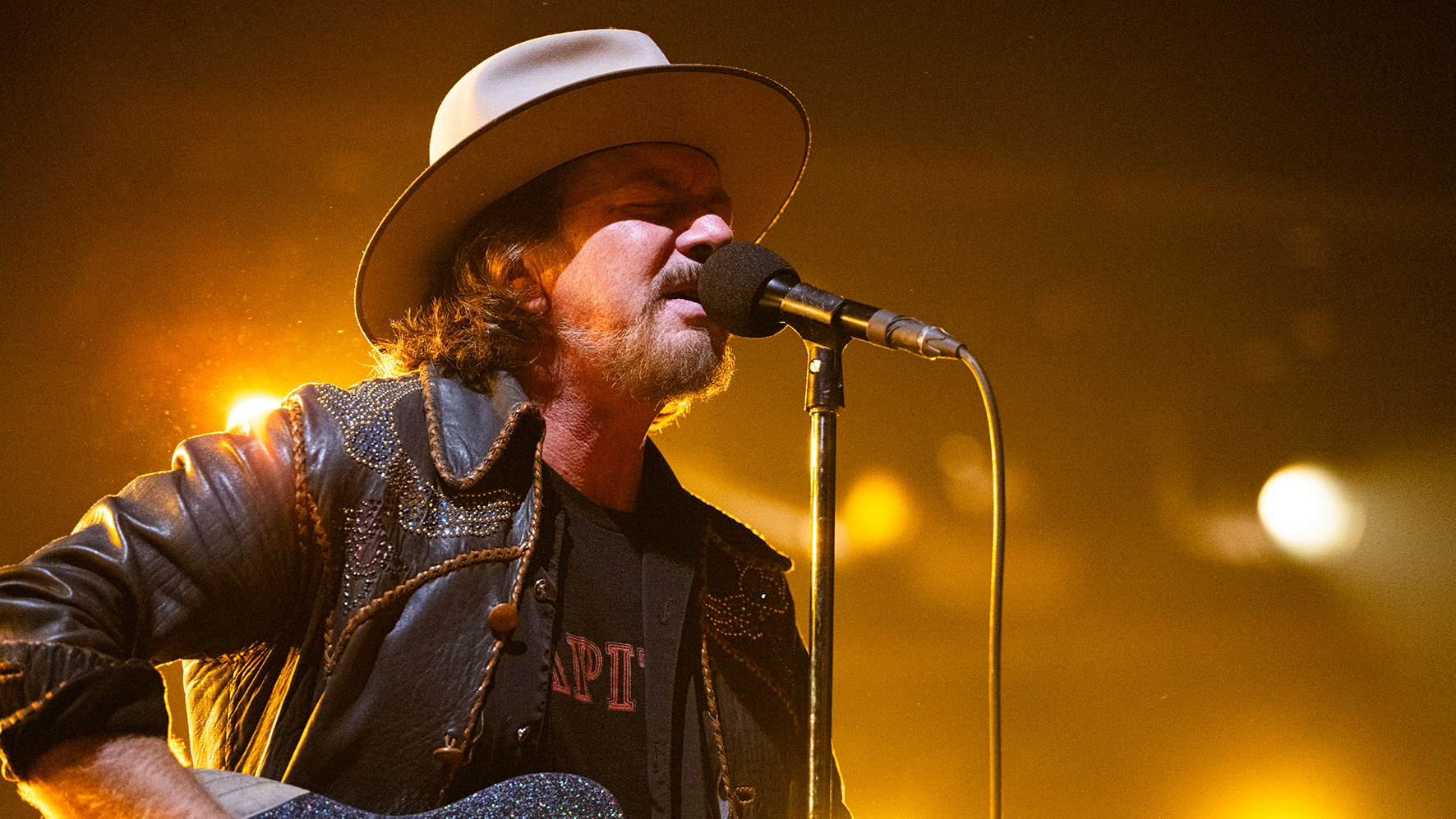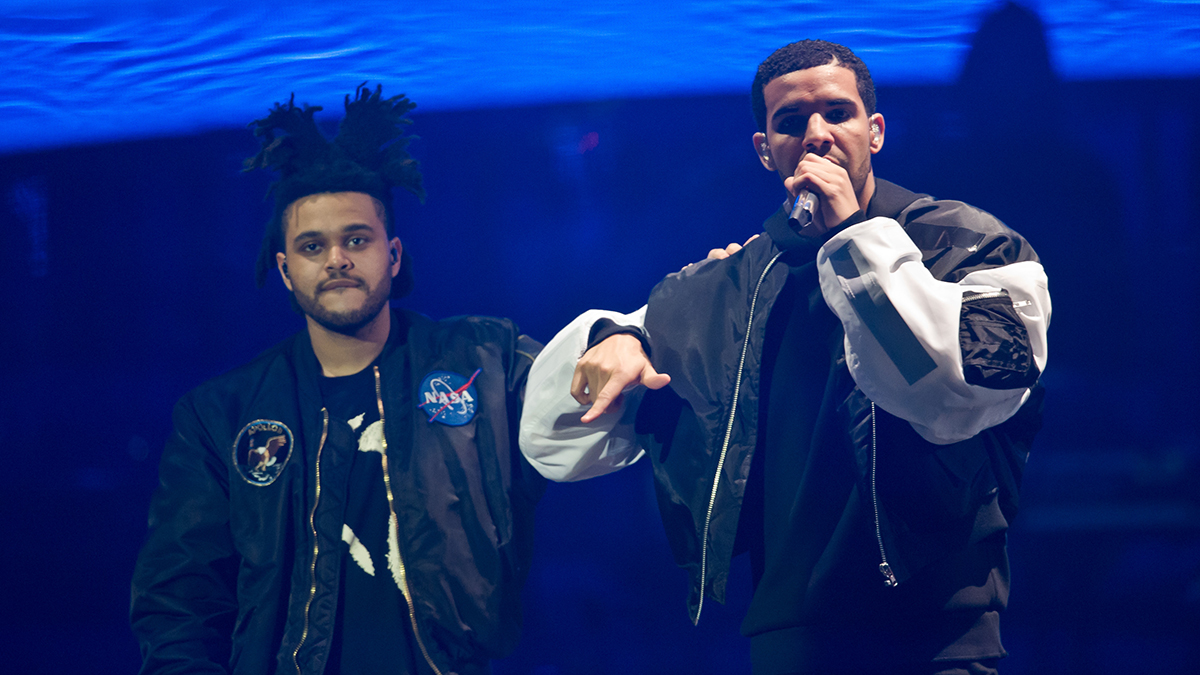"This assault on human creativity must be stopped": Pearl Jam, Stevie Wonder, Billie Eilish and 200 more artists call for protections against threat of AI
"We must protect against the predatory use of AI to steal professional artists' voices and likenesses, violate creators' rights, and destroy the music ecosystem," reads an open letter from the Artist Rights Alliance

Want all the hottest music and gear news, reviews, deals, features and more, direct to your inbox? Sign up here.
You are now subscribed
Your newsletter sign-up was successful
A group of over 200 artists has come together to sign an open letter urging tech companies to "stop devaluing music" and cease the use of artificial intelligence to infringe on artists' rights.
The Artist Rights Alliance, a group of artists that includes Pearl Jam, Billie Eilish, Stevie Wonder, Nicki Minaj and Zayn Malik, has shared a statement demanding that AI developers, technology companies and digital music services pledge that they will not "develop or deploy AI music-generation technology, content or tools that undermine or replace the human artistry of songwriters and artists" or deny them "fair compensation" for their work.
"Some platforms and developers are employing AI to sabotage creativity and undermine artists, songwriters, musicians and rightsholders," the statement reads. "When used irresponsibly, AI poses enormous threats to our ability to protect our privacy, our identities, our music and our livelihoods."
The statement goes on to describe how tech companies are training AI models on the work of artists' without their permission, efforts that the Artists Rights Alliance believes are "directly aimed at replacing the work of human artists" with AI-generated sounds and images that will dilute the royalty pools paid out to working musicians and recording artists.
"For many working musicians, artists and songwriters who are just trying to make ends meet, this would be catastrophic," the statement continues.
The letter does not demand a wholesale ban on the use of AI in music, conceding that it has the potential to advance human creativity when used responsibly.

Concerns over the threat that generative artificial intelligence poses artists and musicians have grown rapidly in recent years as AI-powered tools and platforms have advanced in sophistication. AI music generators such as Stable Audio and Google's MusicFX are now capable of generating entire tracks on demand, leading many to question whether music produced by this technology could gain popularity, directing royalty payments away from human artists and into the pockets of tech companies.
Want all the hottest music and gear news, reviews, deals, features and more, direct to your inbox? Sign up here.
Last year, AI voice cloning software was used to mimic the voices of Drake and The Weeknd for a viral track that racked up thousands of streams before being taken down from streaming platforms.
Following the incident, Universal Music Group issued a statement voicing its concerns over the training of generative AI using the music of artists belonging to the label. Earlier this year, Tennessee became the first US state to introduce legislation protecting musicians from unauthorized voice cloning.



I'm MusicRadar's Tech Editor, working across everything from product news and gear-focused features to artist interviews and tech tutorials. I love electronic music and I'm perpetually fascinated by the tools we use to make it.